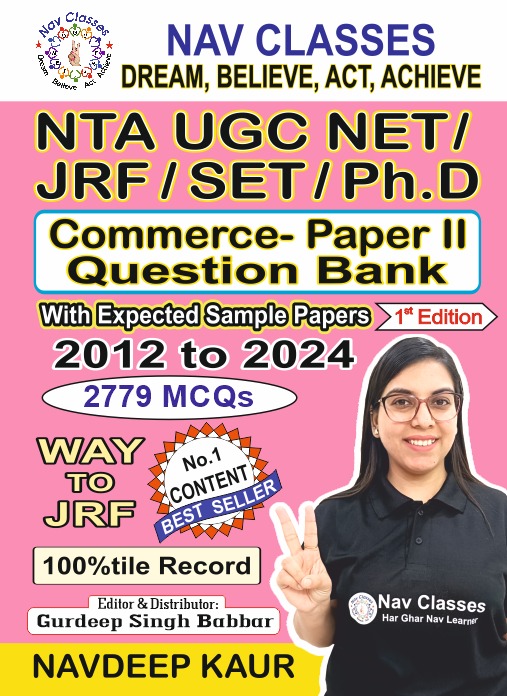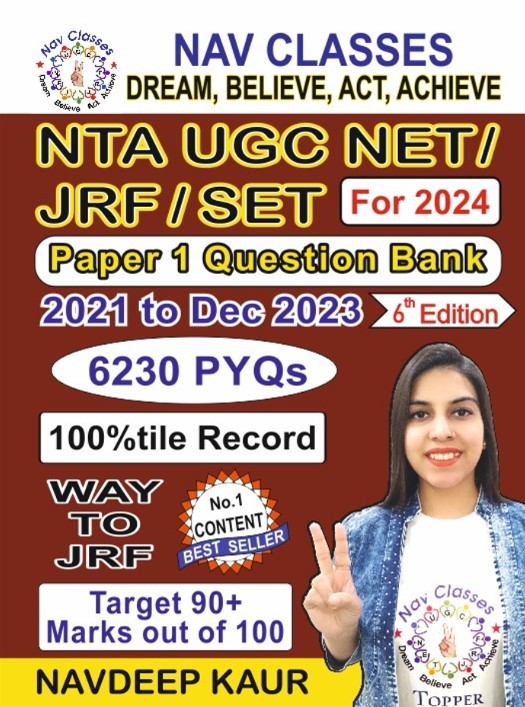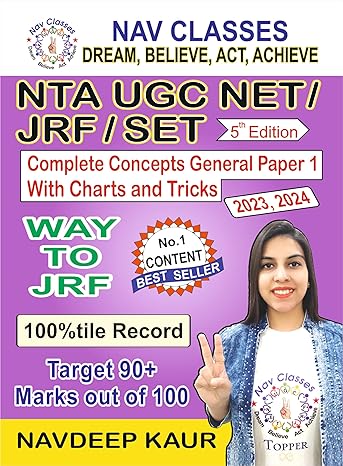UPPSC Assistant Professor Recruitment 2025 – 1298 Vacancies Announced
The Uttar Pradesh Public Service Commission (UPPSC) is set to release the official notification for 1,298 Assistant Professor posts in Government Colleges across the state. This presents an excellent opportunity for qualified teaching professionals to secure a prestigious academic position in the higher education sector.
Vacancy Details
-
Total Vacancies: 1,298
-
562 posts: Already requisitioned by the Directorate of Higher Education (DHE)
-
736 posts: Newly created for recently established colleges (requisition to be sent next week)
-
Selection Process – New Three-Tier Exam Pattern
In a significant change, the selection process will now follow a three-stage examination system:
-
Preliminary Examination – Objective-type test to shortlist candidates.
-
Main Examination – Long-answer type questions to assess in-depth subject knowledge.
-
Interview – Final selection will be based on combined scores from the Main Examination and Interview.
This change replaces the earlier system of interview and screening tests, ensuring greater transparency and merit-based selection.
Key Points
-
Cabinet Approval Granted: The new exam format has been officially approved by the UP Cabinet.
-
Merit-Based Recruitment: Focus on academic knowledge and performance.
-
Notification Release Timeline: The official advertisement is expected within two months.
Why This Recruitment is Important
This large-scale recruitment drive aims to strengthen the academic workforce in Uttar Pradesh’s government colleges, particularly in newly established institutions. Candidates with strong subject expertise and teaching passion are encouraged to prepare in advance.
Stay tuned for the official UPPSC Assistant Professor 2025 Notification for complete eligibility criteria, application process, and exam dates.
Syllabus
Unit–1: Business Environment and International Business
-
Concepts and elements of business environment
-
Economic environment in India
-
Economic planning in India
-
Government policies: monetary, fiscal, and industrial
-
International Business: Theories, Modes of Entry, Trade Blocs, WTO
-
Balance of Payments, Foreign Exchange Market
Unit–2: Accounting and Auditing
-
Financial Accounting, Standards, and Principles
-
Cost and Management Accounting
-
Corporate Financial Reporting
-
Auditing: Principles, Standards, Internal Control, Audit Reports
Unit–3: Business Economics
-
Micro and Macro Economics concepts
-
Demand and Supply analysis
-
Production, Cost, Revenue concepts
-
Market structures
-
National Income concepts and measurement
Unit–4: Business Finance
-
Financial management concepts
-
Capital structure, Cost of capital, Capital budgeting
-
Working capital management
-
Dividend decisions
-
Corporate restructuring
Unit–5: Business Statistics and Research Methods
-
Measures of central tendency, dispersion, correlation, regression
-
Probability and sampling
-
Hypothesis testing
-
Research design, data collection, and analysis
Unit–6: Business Management and Human Resource Management
-
Principles and functions of management
-
Leadership, Motivation, Communication
-
HR Planning, Recruitment, Selection, Training, and Development
-
Performance appraisal and compensation
Unit–7: Banking and Financial Institutions
-
Indian banking system and structure
-
RBI functions and monetary policy
-
Banking sector reforms
-
Development finance institutions and NBFCs
Unit–8: Marketing Management
-
Marketing concepts and functions
-
Product, Pricing, Promotion, Distribution strategies
-
Consumer behavior
-
Services marketing and rural marketing
Unit–9: Legal Aspects of Business
-
Company law
-
Partnership and LLP laws
-
Consumer protection
-
Intellectual Property Rights
-
Environmental law and Corporate governance
Unit–10: Income-tax and Corporate Tax Planning
-
Basic concepts of income tax
-
Computation of income under various heads
-
Deductions, exemptions, and rebates
-
Corporate tax planning, tax management, and tax evasion







